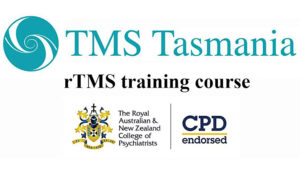A man with a history of mental health difficulties attacked shoppers with a knife in a large shopping mall in Bondi Junction, Sydney. So far six people have died – many in the prime of their adult lives – and a number of others including a young child have been seriously wounded. We acknowledge and thank those members of the public and the first responders who bravely limited the extent of the attack.
The National Association of Practising Psychiatrists (NAPP) offers our most sincere sympathy to those who have been injured and hope for their full recovery. NAPP offers our sincerest condolences to those who have lost family members and friends in this horrible event.
Australia as a nation has been traumatized by this incident. Beyond the individuals who have lost their lives or have been wounded there are others who are survivors of the slaughter – either escaping or witnessing the stabbings. When one considers the family, friends, associates and colleagues of each of these individuals it is clear to see that a significant proportion of people have been directly affected by this tragedy.
The nation and individuals affected by this traumatic assault will be feeling fear, guilt, sadness and anger, and will be asking “why?” – a question not easily answered. Following the initial shock comes the realization of loss with associated feelings of post-traumatic stress and intense grief. Support services should be registering the names of survivors, witnesses and those who lost loved ones so that follow up arrangements can be made to provide assistance and monitor recovery.
Initial help will provide ‘the basics’ – safety, food, shelter, medical care, and connecting affected individuals with natural supports – family, friends, and church and other community caring services. Information and education of the community and of victims will be needed to make sure people know what to expect, what are ‘normal’ and other reactions to the devastating circumstances, and when and how to get further help.
For all individuals affected life will never be the same. But for most recovery will gradually build. Unfortunately, a small but significant proportion of survivors and those bereaved will remain emotionally unwell. It is here that a follow up program is essential to identify and provide early and ongoing medical and psychological assistance to these individuals and their families.
We are getting better at providing effective support in trauma situations – in part because (unfortunately) we are getting more practiced – but we should never forget or leave behind those marked indelibly by their experiences. Over time we will recover. We are a resilient nation and people. But our heart goes out to all those suffering from this horrible trauma.
Dr Philip Morris AM
Psychiatrist
President NAPP


